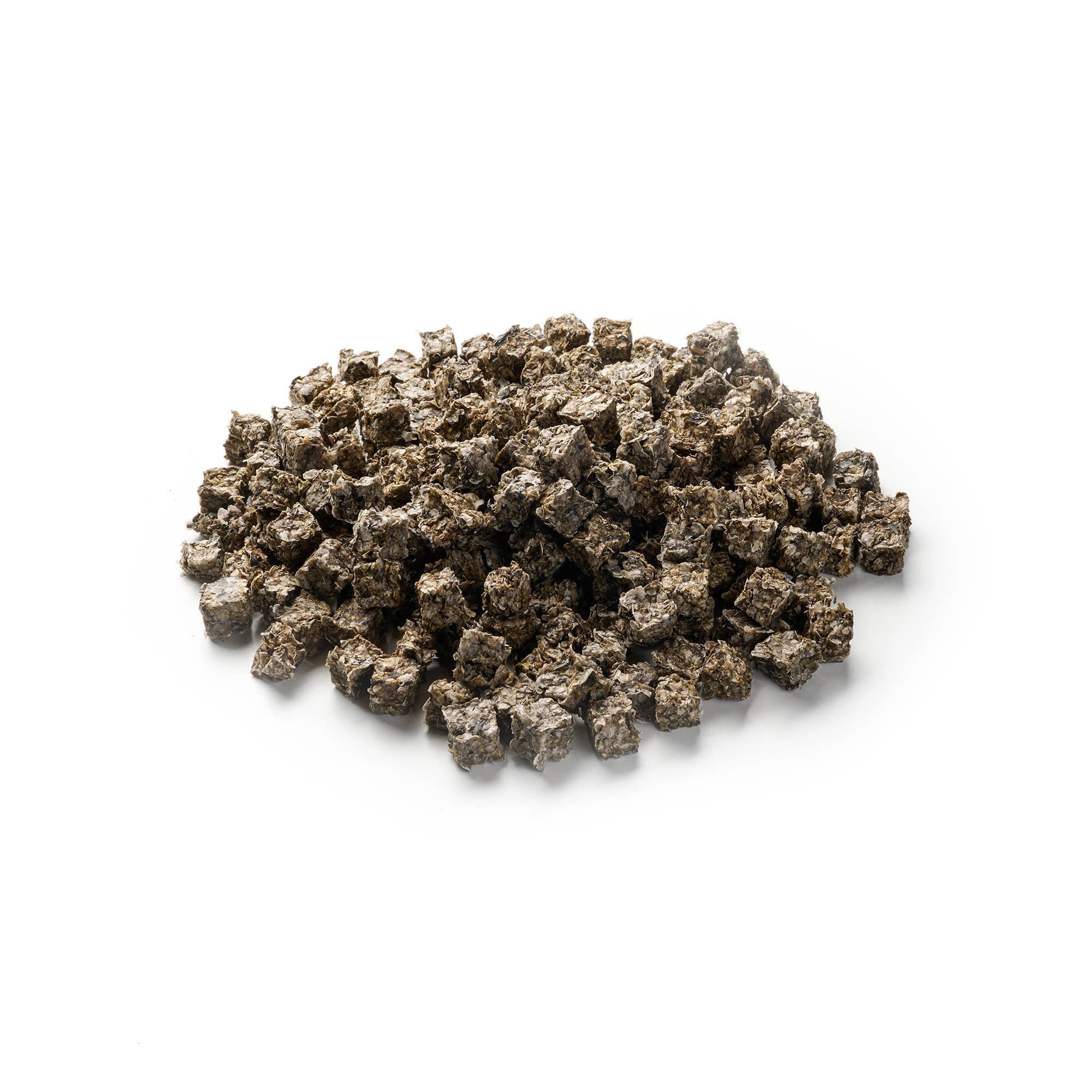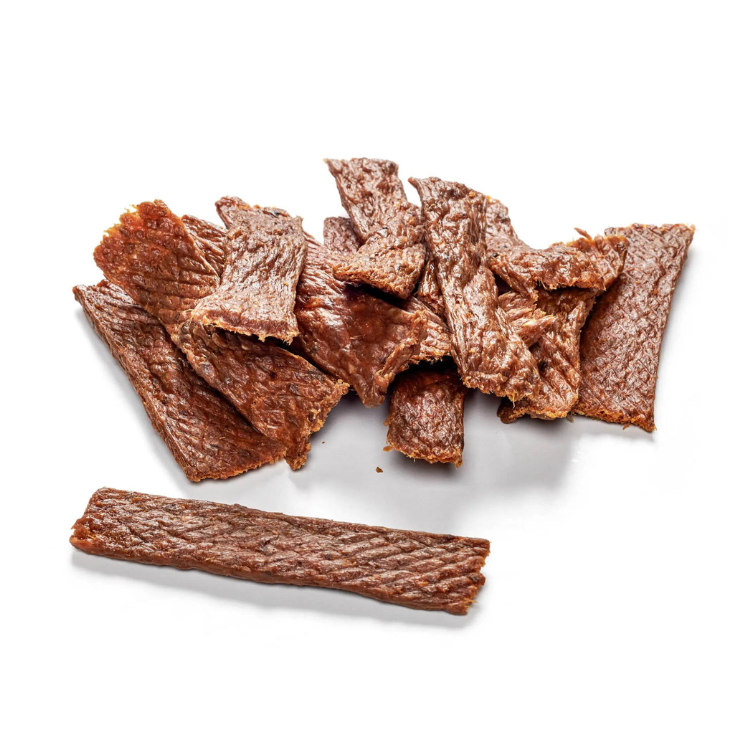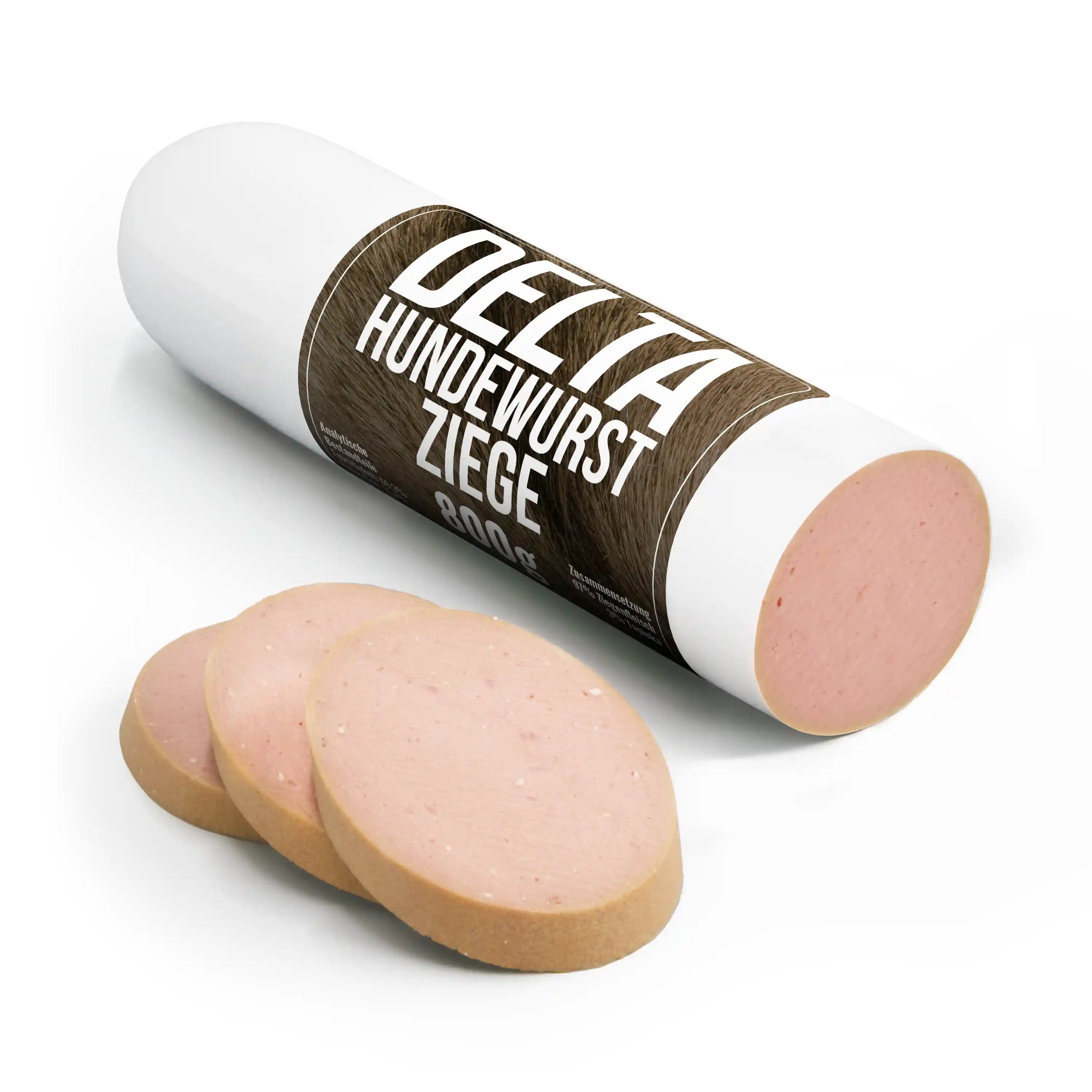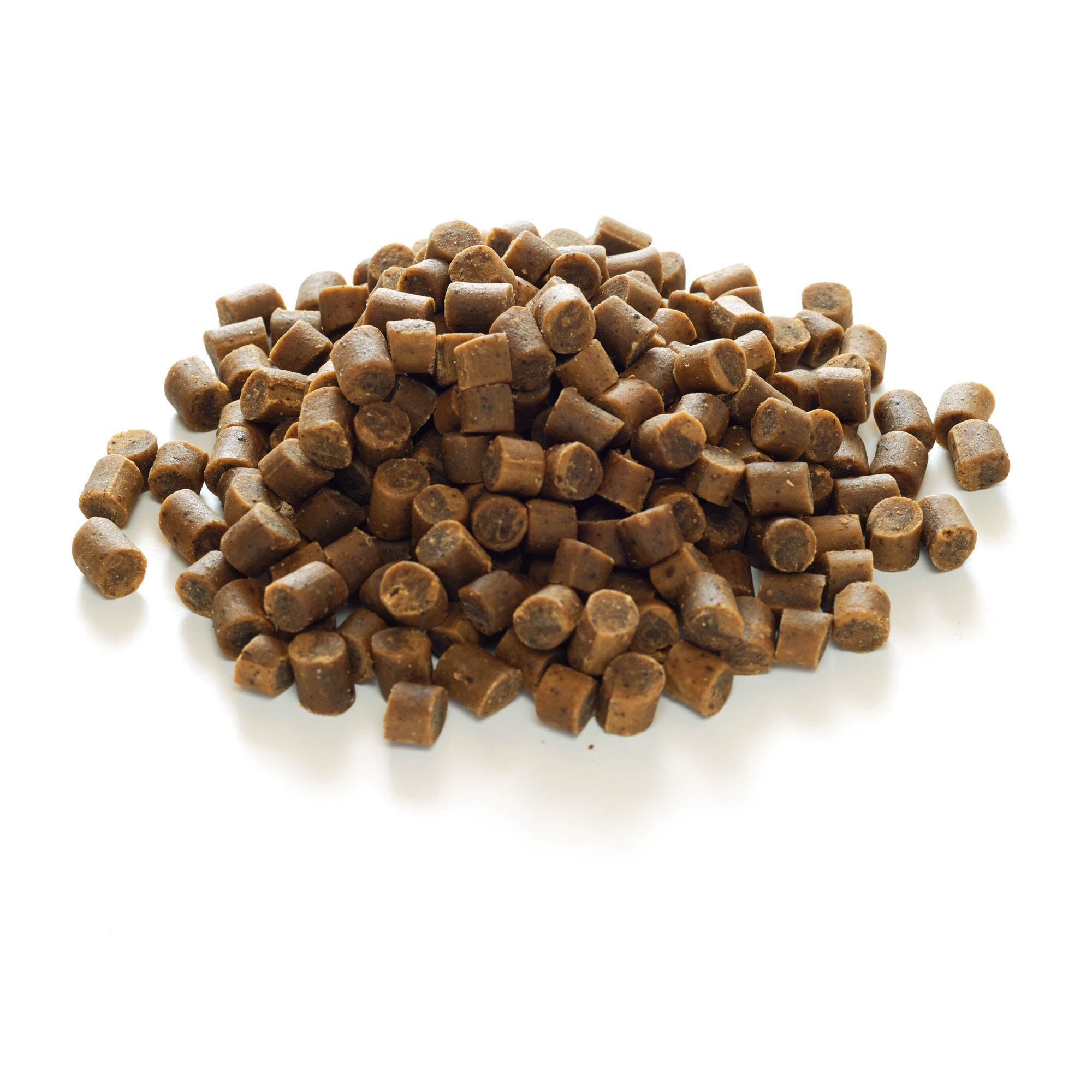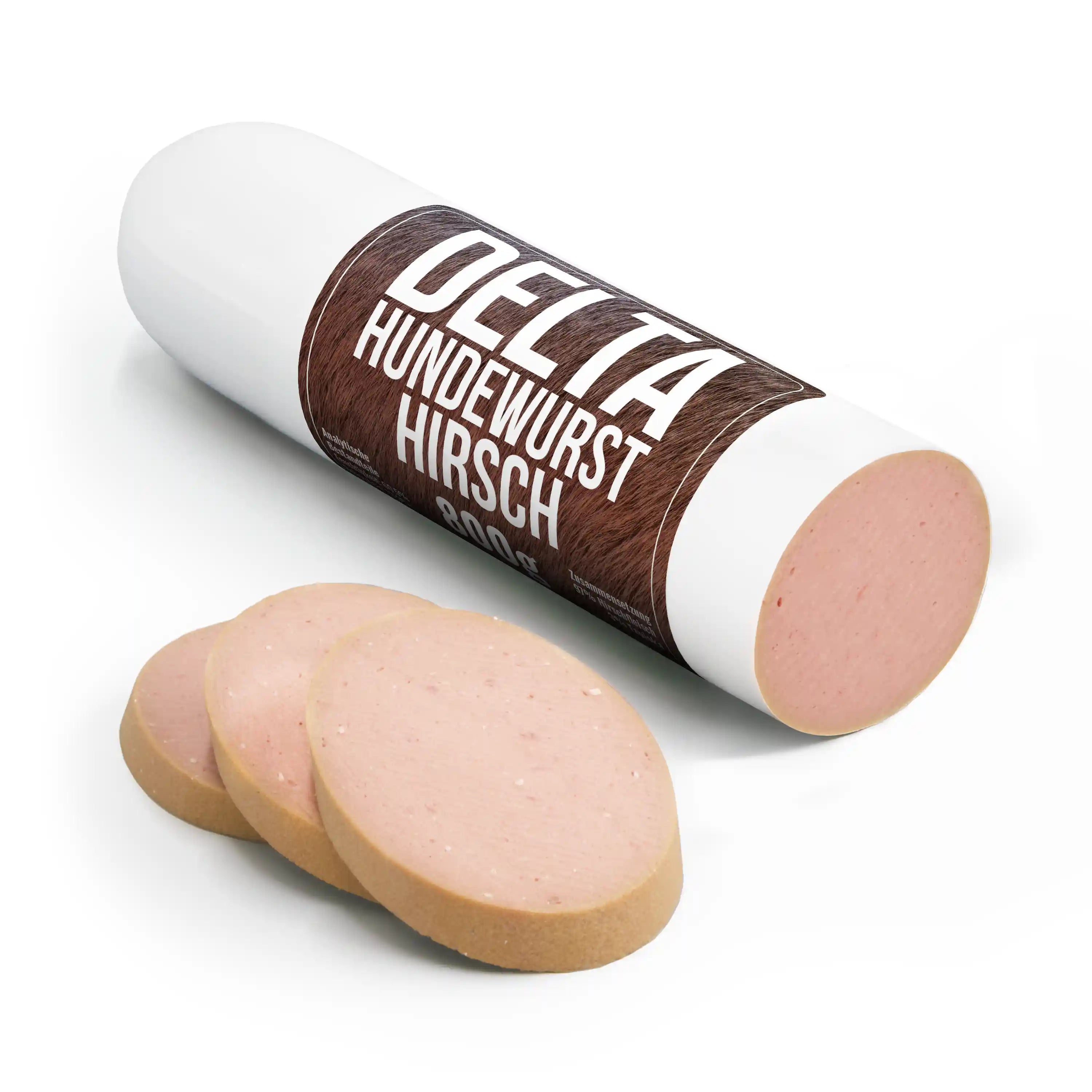
Why is my dog scratching himself?
Share
It can be completely normal for dogs to scratch themselves, but it can also indicate serious illnesses or parasites. Just as we humans occasionally scratch ourselves, dogs do the same, and there can be various reasons for this in dogs. The simplest reason is itching, but excessive demands or threats can also cause the dog to scratch. This is known as "transitional behavior," which, if it occurs frequently, indicates stress and can develop into a behavioral disorder.
Content: Why does my dog scratch?
- When does scratching become a problem?
- Reasons for scratching
- The treatment
- Prevent
- Home remedies can help
- Conclusion
Reward your dog with our high-quality chew products!
To be precise, dogs don't just scratch, they also lick the area with their rough tongue or nibble on it to combat the itching. If the dog scratches itself more and more often, this could indicate pathological itching and should be treated by a vet. This can prevent further problems.
When does scratching become a problem?
It is perfectly normal for a dog to scratch itself in different places from time to time. Only when the dog repeatedly scratches, licks or nibbles in the same place should dog owners take notice. With insect bites, itching is normal and does not necessarily need to be treated unless the wound becomes infected. However, if the dog does not stop and scratches itself until it bleeds, action is definitely required.
Reasons for scratching
There are several reasons why dogs itch. Stress is a cause of illness that is often overlooked, not just in humans but also in animals. Stress in dogs can lead to acral lick dermatitis, where the animals lick and gnaw their own paws until they are sore. An ear infection can be present if the dog is constantly scratching its ears and shaking its head.
Dog chews available for happy and satisfied four-legged friends!
It may seem funny to some, but when dogs slide their anuses across the floor, it is a sign of a parasite infestation.
It is extremely important to go to a veterinarian if the scratching gets out of hand, because kidney or liver problems can also be the cause of the itching.
The treatment
When it itches, it can be torture - just imagine it itches but you can't scratch! For this reason alone, relief should be found quickly so that your dog doesn't have to suffer and doesn't scratch itself until it's sore. Open wounds, especially those caused by dirty claws, quickly become infected and can become a much bigger problem. Diagnosis can also be more difficult if the crucial area is injured. Without knowing the cause, healing is difficult. In order to give the vet an accurate description of the symptoms, the dog's behavior should be observed closely. When the dog is at the vet, the skin and fur are examined in particular, but internal organs are also checked. Laboratory diagnostics can be used to do a full blood count or to identify fungi and bacteria. In some cases, the vet can also refer the dog to a veterinary dermatologist, who specializes in skin diseases.
Prevent
Regular brushing not only improves blood flow to the skin, it also loosens old skin flakes and hair, which can sometimes be enough to cause itching. You can also check the dog for injuries, bites or ticks and remove them immediately if necessary. Regular treatment against parasites such as deworming dogs or tick repellent for dogs should be a matter of course and helps not only the dog but also the owner to avoid stress! Mites in dogs are also a common cause of itchy skin.
Dog fur has a good self-cleaning function and should therefore only be cleaned with a bath and shampoo when the four-legged rascal has rolled around in manure or dirt. Dog shampoo should always be washed out well so that the dog's oily undercoat is not damaged. Dry fur and clean paws are a good way to counteract itching.
Road salt in winter in particular can cause itchy and sore paws. Food can also have an influence. The wrong food may trigger an allergy - or a lack of nutrients may lead to deficiency symptoms.
Home remedies can help
There are a few home remedies that can provide temporary relief from itching, but they are no substitute for a visit to the vet. Quark with cold camomile or black tea can be used as a compress on the affected area of skin to provide relief. Essential oils such as witch hazel, tea tree oil or lavender can also be used, but they should always be mixed with a mild base oil - never use them pure. Essential oils can not only trigger allergies, but are also extremely strong for a dog's nose.
Important: Itching in dogs can be caused by serious illnesses. Please do not hesitate to visit a veterinarian or animal clinic, even if home remedies provide short-term relief!
Conclusion
Most of the time, scratching and licking is normal behavior in dogs. Insect bites are usually responsible for this. But there can also be serious reasons. To ensure that your furry friend stays healthy and happy, watch your dog closely and examine him regularly. With the right coat care, you can definitely prevent itching.
Other interesting articles:
Spoil your four-legged friend with our delicate chew items!

